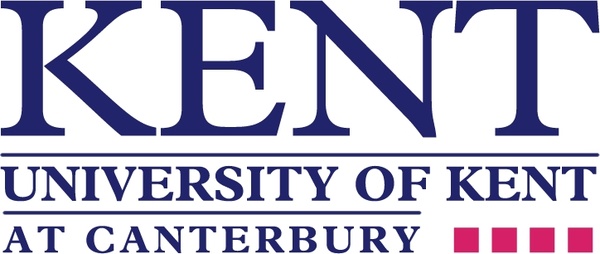
Will academic freedom be upheld at the University of Kent?
Academic mobbing became more vicious last week. Academics from the University of Kent at Canterbury (UKC) and other universities appealed in an open letter to the Vice-Chancellor, Professor Karen Cox, to cancel a public keynote lecture to be given on 18 March by Professor Selina Todd on her influential academic work on Class. Professor Todd was, once again, vilified as a dangerous transphobe whose very presence and willingness to debate made UKC an unsafe space for trans people.
Over eighty academics, researchers and students from UKC signed the letter, along with others from the universities of Bath, Birmingham, Brighton, Bristol, Cambridge, Canterbury Christ Church, Derby, Essex, Exeter, Glasgow, Goldsmiths, Hertfordshire, King’s College London, Liverpool, Loughborough, Manchester, Manchester Metropolitan , Nottingham, The Open University, Salford, Swansea, Sussex, Warwick and more, both from the UK and internationally. It is a growing list of shame.
On discovering this letter other academics from UKC – and elsewhere – emailed Professor Cox to express their opposition to the ban and supporting her stance in defence of academic freedom. This is one strong, but not atypical, comment:
“I sincerely hope that you will stand firm against this attempt to blackball a fellow academic whose work is highly respected and who is currently under threat from those who would silence her… What is even more shocking in this instance is that Professor Todd has been invited to speak on the subject of her academic research, not her political views. The signatories knowingly fail to make a distinction between a person’s political views and their professional capacity in order to further their cause of declaring the issue of gender identity ‘beyond discussion’.”
AFAF also wrote to the Vice-Chancellor. The main text of AFAF’s email is:
“…I am writing to you to express AFAF’s concern over the attempt by academics at the University of Kent and elsewhere to stop Professor Selina Todd speaking at the University. No doubt you will have seen the ‘Open Letter’ asking you to cancel the event.
This letter is an example of the censorious and intolerant academic mobbing that is becoming more frequent in the UK. We have monitored such mobbing. The evidence of its increase is available on our web page: The Banned List.
We believe that Professor Todd was to speak on her area of academic research and not on any controversial topic. It is vital for universities to protect academic freedom and not succumb to pressure from bullying mobs.
We are pleased that you have stood firm and have not given into the demands of censors and cancelled this event. This gives us real hope that you will continue to defend academic freedom at the University as a matter of principle.”
This latest attack on academic freedom has been unsuccessful Professor Cox has held firm but so far has made no public comment on the call for censorship. The UKC press office has, however, noted that the talk is happening and listed the relevant policies.
The situation at UKC is important in two respects. First, it provides more evidence that increasing numbers of academics are becoming hostile to academic freedom. These academics seem unaware that they are challenging, not only Professor Todd’s, but their own academic freedom. One day, a mob may come for them and they will be unable to appeal to ‘academic freedom’ in their own defence, since they do not believe in it. Second, it reveals the need for leading academics to make a clear defence of the principle of academic freedom. Some academics are questioning Professor Cox’s motivation on social media. Is she upholding the principle of academic freedom or just acting in fear of the universities’ new regulator, the Office for Students, that requires all registered universities to evidence their commitment to freedom of speech? All Vice-Chancellors need to think about this before they find themselves in a similar situation. Speaking out in defence of academic freedom may inhibit the mobs.
But merely stopping the censors is not enough. In October 2017, the then education minister, Jo Johnson, reminded all universities of their duty to uphold freedom of speech and threatened them with fines from the regulator if they failed to do so. AFAF responded by arguing that it is not good enough to simply ‘No Platform’ No Platform. You have to win the arguments. They clearly have not been won.
There is some time to go before Professor Todd is to give her talk. The fight for academic freedom at UKC is not over but, for now, the Vice-Chancellor of the University of Kent is one of our ‘Heroes’ of February 2020.


